Click Here to View: Video of Cordelia Schmidt-Hellerau discussing Memento in Cartagena, Columbia at the International Psychoanalytic Association Meeting in July 2023.
(FYI: The book is available HERE.)
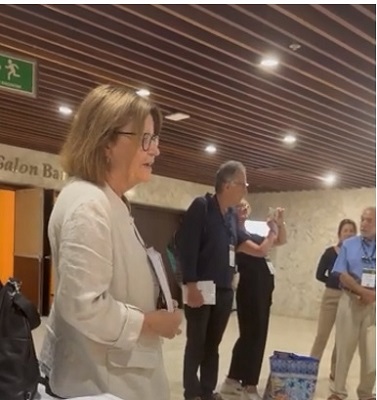
Click Here to Read: On and Off the Couch: Memoir of a Psychoanalyst By Beverly Kolsky Reviewed by Eve Blake in American Association for Psychoanalysis in Clinical Social Work Newsletter 2032 Issue #1, pp. 4-6.
© 2023 All Rights Reserved. Reprinted from AAPCSW Newsletter, • 2023, issue 1 • www.aapcsw.org

Click, Here to Read: Review of Why War?: Making Sense of Consciousness and Self, by Mario Rendón, International Psychoanalytic Books, New York, 2018, 663 pp. Cuneyt Iscan M.D. Reviewed in The American Journal of Psychoanalysis volume 82, pages488–493 (2022).
Click Here to Purchase: Why War?: Making Sense of Consciousness and Self, by Mario Rendón from IPBooks.net
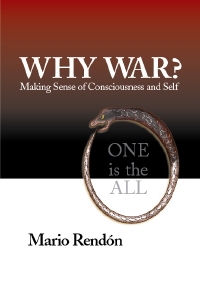
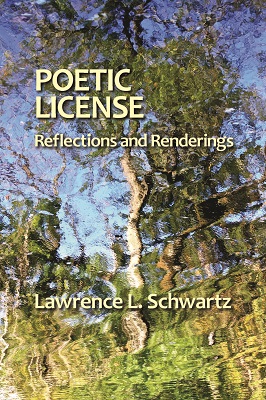
Today, I want to share my thoughts on a remarkable poetry collection, Poetic License: Reflections and Renderings by Lawrence L. Schwartz, or as I proudly call him, Larry. Larry kindly sent me a copy of his book for an honest review. So, let’s dive into the world of Larry’s poetic brilliance!
What struck me the most about Poetic License was Larry’s universal outlook toward poetry. He has a unique way of bridging the gap between poetry enthusiasts and those who typically shy away from the genre. Larry once said, “I often say that my poetry is more for people who don’t necessarily like poetry.” This sentiment immediately resonated with me, as I usually don’t gravitate toward poetry books. But Larry’s words proved to be a revelation, inviting me to explore his collection with an open mind and a renewed curiosity.
Larry’s poems are deeply rooted in his personal experiences, often drawing inspiration from spiritual insights. Throughout the last couple of decades, he has crafted verses that reflect his exploration of Eastern metaphysical philosophy and interfaith concepts, all while celebrating our shared humanity. His profound understanding and incorporation of these ideas make his poetry rich with wisdom and contemplation.
As I delved into Poetic License, I found myself utterly captivated by the divine essence woven into each poem. Larry’s words seem to echo from a higher realm, whispering insights that touch the very core of our existence. It’s a testament to his ability to channel his spirituality and translate it into words that resonate with readers on a deeply profound level.
Larry’s collection showcases his versatility as a poet. From concise, six-lined poems like “A Trick of Mind” to expansive and intricate pieces such as “Recollection,” he effortlessly navigates various forms and structures. This diversity keeps the reading experience engaging, as you never know what delightful surprises await you on the next page.
For those interested in getting their hands on Poetic License: Reflections and Renderings, it’s readily available on Amazon, where you can find both the printed version and a Kindle edition. US-based readers can also order the printed book directly from IPBooks.net. So, there are plenty of options to choose from to embark on this poetic journey.
In conclusion, Poetic License: Reflections and Renderings is an exquisite collection that transcends the boundaries of traditional poetry. Larry’s universal outlook, spiritual insights, and his ability to strike a chord with readers who might not typically explore poetry make this collection truly special. Each poem is a gateway to divine reflections and offers a profound connection with the beauty of the written word.
So, my dear friends, if you’re ready to embark on a journey that will expand your horizons and touch your soul, I wholeheartedly recommend Poetic License: Reflections and Renderings by Lawrence L. Schwartz. Prepare to be inspired, enlightened, and moved by Larry’s poetic genius.
Happy reading!
The above review is from the newsletter Celestial Love Letters
Click Here to Purchase: Poetic License: Reflections and Renderings by Lawrence L. Schwartz from IPBooks.net.
Click Here to Order: People Don’t Drown in Living Rooms by Orna Reuven and Yair Eldan from IPBooks.net
Ella, a psychologist living in Tel Aviv, receives a surprising email from her former patient, Itamar. Itamar’s email marks the beginning of a tumultuous correspondence that traverses the distance from Tel Aviv to New York and explores the boundaries of their relationship. When Itamar reveals he is hiding from authorities and asks Ella for money, the seemingly guarded and level-headed psychologist travels to New York to meet him. As the plot unravels and emotional turmoil sets in, the defined boundaries between psychologist and patient are challenged as both try to bridge the gulf between them, in an attempt to find a common ground of sane understanding.
Written in the form of a modern epistolary novel, the email correspondence between Ella and Itamar, People Don’t Drown in Living Rooms spins the tale of a psychologist and patient caught in an impossible situation, raising the everlasting question about the essence of psychotherapy.
This fictional correspondence was written in two voices; Dr. Yair Eldan, a lecturer on law, wrote the voice of Itamar, and Dr. Orna Reuven, a psychoanalyst and psychology lecturer, wrote the voice of Ella.
“An incredibly profound and emotional reading experience!”
— Dr. Galit Atlas, psychoanalyst, faculty NYU, an essayist and author
“An engrossing, addictive novel of letters, the reading of which is in itself a roller coaster of identifications, and which manages at the same time to touch deeply on the essence of the analytical relationship and to exceed all its rules and boundaries.”
— Prof. Dana Amir, a clinical psychologist, supervising and training analyst, poetess and literature researcher
“This book teaches us more about the intensity of the love-hate dynamics that exist between patient and analyst than any journal article on the subject.”
— Danielle Knafo, professor, psychoanalyst, author
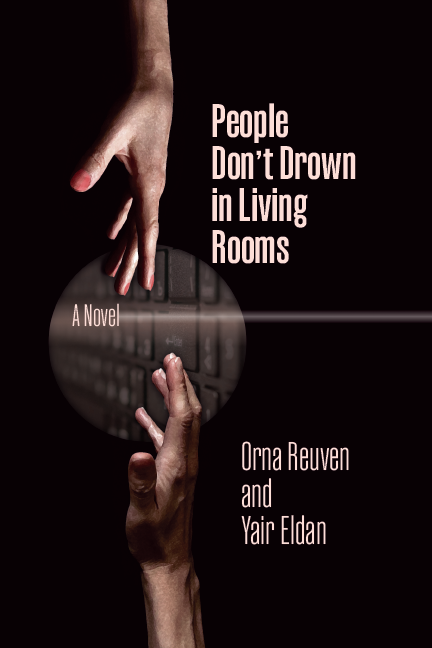
Click Here to Listen to: A Life in Yiddish Translation. Curt Leviant, professor, novelist, and translator, speaks with The Shmooze about his life translating the work of Sholem Aleichem and Chaim Grade, and he shares some stories about his encounters with Nobel laureates. MAY 16, 2023 EPISODE 352 28 MIN GUEST: CURT LEVIANTHOST: LISA NEWMAN.
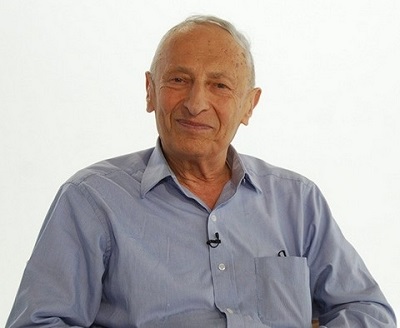
Curt Leviant